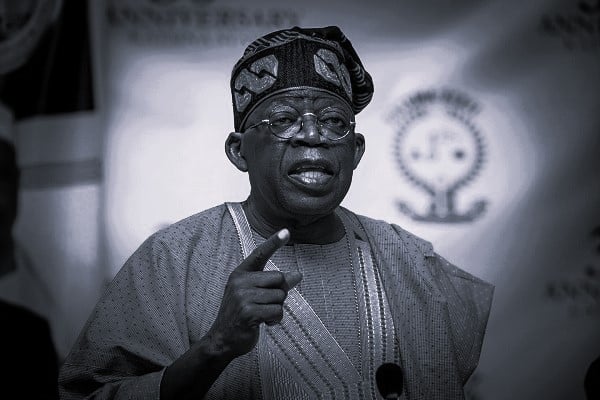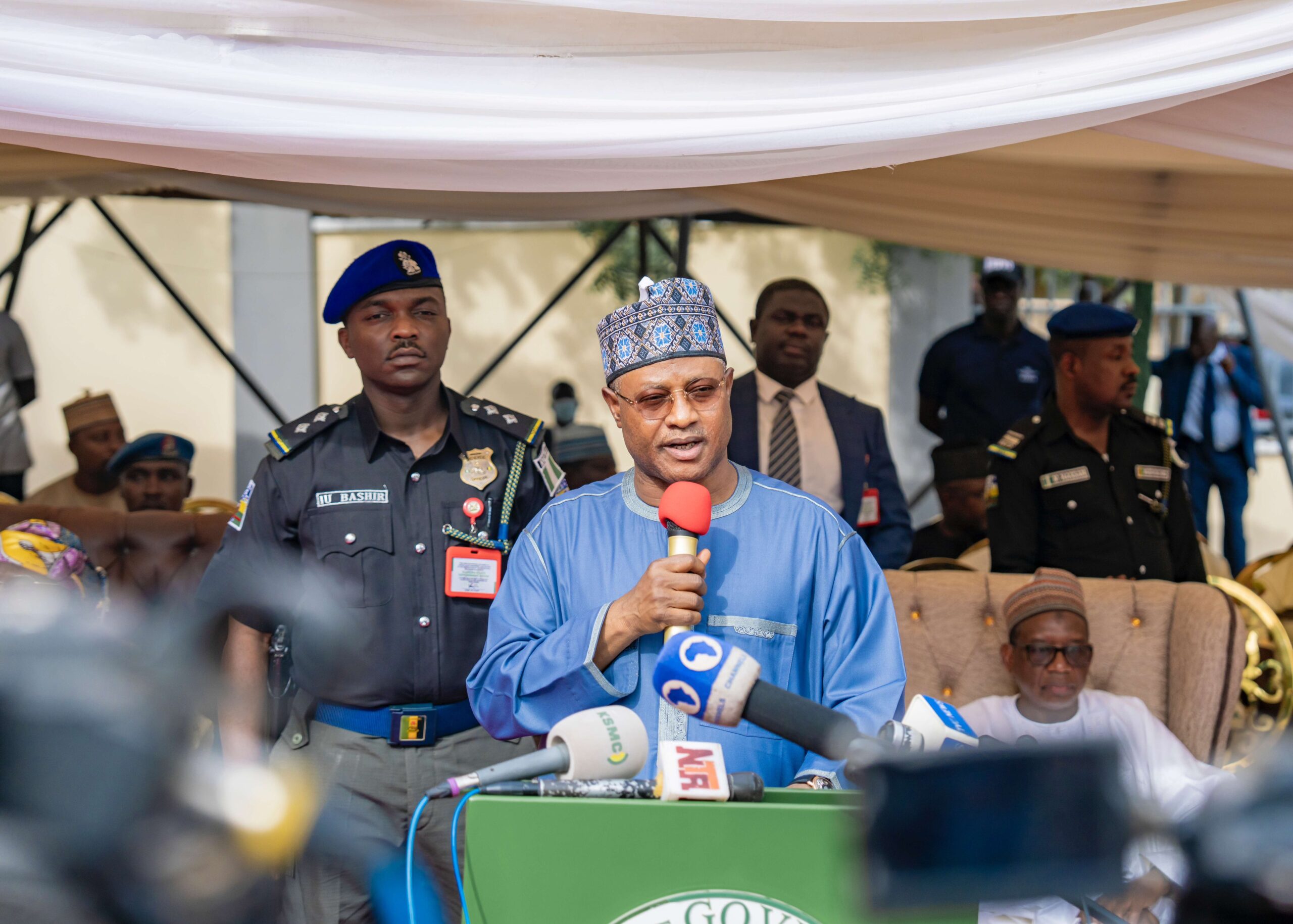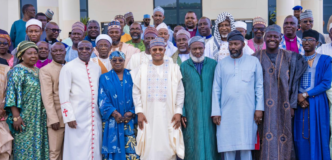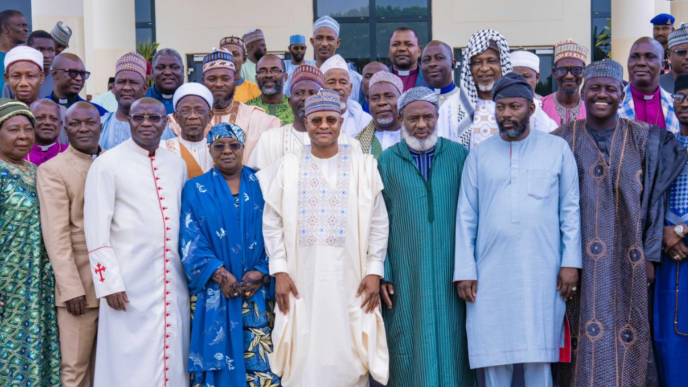The recent supreme court judgement ordering the federal government to pay allocations directly to local government councils from the federation account and to withhold allocations of local governments administered by unelected officials seem to have elicited a lot of excitement from different political and ethnic divide.
In applauding this judgement, some commentators argued that this was one way of granting fiscal autonomy to local governments and that it would end the era of impunity in many states. In fact, most Nigerians were happy with this recent judgement from the nation’s apex court. There were viral videos showing some local government workers celebrating this judgement and hailing President Bola Tinubu. (Recall that the federal government had earlier filed a suit in the supreme court against the governments of the 36 states, seeking full autonomy for the 774 local government councils in the country).
Granted, local governments are the closest tier of government to the grassroot and anything that makes them to function optimally is in the best interest of the country. Besides, Nigeria’s constitution allows local governments to collect sum taxes; maintain roads; carryout refuse and sewage disposal; provide education, primary healthcare and agricultural services.
However, a literature review on the opinions of many academics not only shows that the idea of the autonomy of local government councils in Nigeria remains a myth, but that the required institutional capacity needed to function optimally might be lacking in some councils. (Note that publications on the recent supreme court judgement, which this columnist has not read, points to the fact that fiscal autonomy exists for local government in Nigeria’s constitution).
Advertisement
First, the problem with the autonomy of local governments in Nigeria seems to emanate from the type of federalism practiced in Nigeria. In the type of federalism in America, for example, local governments are created by the laws of state governments and local governments exercise only those powers that are granted to them by the states, and a state may redefine the role and authority of a local government as it deems appropriate. But this is not exactly the case in Nigeria as local governments in Nigeria derive their powers from Nigeria’s constitution.
Two, while some still argue about the level of autonomy of local governments provided by Nigeria’s constitution, the fact remains that State House of Assemblies are empowered by the constitution to make laws for the existence, structure, composition and finances of local governments. These Assemblies are equally charged with the powers to create new local government areas and to approve the boundary adjustment of local governments. Today, some states have tried to create new local governments and have called them ‘Development Centers/Councils’ because of the challenges of adding these new ‘local governments’ to Nigeria’s constitution. Also, very few local governments in Nigeria have effective bye-laws made by their councilors, whom many argue exist nominally. Thus, if the councilors within local governments are not totally in charge of making effective bye-laws, the idea of autonomy of the local governments in Nigeria remains a mirage.
Three, most state governments have Local Government Commissions that are empowered to recruit, appraise, promote, post and discipline all staff of grade seven and above. These Commissions are creations of most state laws. In most states, the Chairman of this Commission is not the accounting officer of any of the local governments as he/she might not be a signatory to the local government accounts. Chairmen of these Commissions are appointees of state governments. Many scholars have argued that with this arrangement, state governments hold the power in local governments.
Advertisement
Four, in most state governments, there is what is known as the Office of the Auditor General for Local Government Accounts. For example, in Lagos State, this office derives its powers from Sections 49-50 of the Lagos State Local Government Administration Law No. 7 of 2015; Sections 69-72 of the Lagos State Public Finance Management Law of 2015; and Section 3 of the Lagos State Audit Law of 2015 as amended. The Auditor General for Local Government has the responsibility of auditing local government accounts on regular basis. In some states, this office can sanction and surcharge any officer. In many states, this auditor reports to the public accounts committee on local government council and the governor in writing anytime a local government accounting officer fails to respond to queries. This, many scholars argue, makes a supposed ‘autonomous’ local government council answerable to state governments.
Five, the joint account between states and local government still remains a big issue. The constitution is clear. Section 162 states that ‘‘Each State shall maintain a special account to be called “the State Joint Local Government Account” into which shall be paid all allocations to the local government councils of the State from the Federation Account and from the Government of the State’’. This shows there is a symbiotic relationship between the state and a ‘supposed autonomous’ local government.
Six, we take the issue of the provision of one of the basic services the constitution mandates the local governments to provide: education. In all the states of the federation and FCT, there exists Universal Basic Education Board that is charged with the responsibility of running the affairs of primary school and junior secondary in the country. This implies that schools are effectively managed from state headquarters and many have argued that this has removed local council officials from the ownership and management of these schools.
Seven, in many states of the federation, there exist a Ministry of Local Government. This implies that local governments are supervised by a commissioner in many states. This commissioner also supervises local council officials and reports to the state government. Many scholars argue that this further shows that local governments are naturally controlled by state governments.
Advertisement
The above-mentioned list is not exhaustive but the problem remains with the type of federalism practiced in Nigeria and since it is different from that practiced in America – for example – issues related to the autonomy of local governments will always remain.
Also, many local governments in Nigeria lack the institutional capacity required to manage rigorous procurement activities. It is important that these capacities are built in councils so that the local governments could serve the grassroot effectively.
More importantly, the issue today is on the sharing of monies that might not have been generated in these local councils. This column hopes that in future the discussion would be on how local governments can generate taxes and reduce its dependence on federal allocations.
Advertisement
Views expressed by contributors are strictly personal and not of TheCable.
Add a comment











